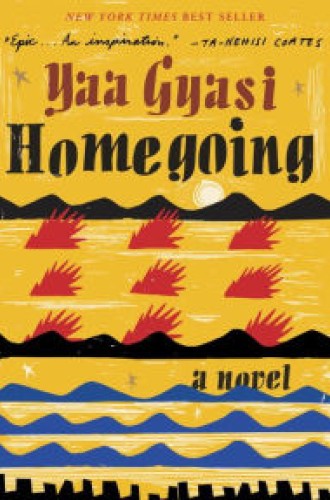From generation to generation
Yaa Gyasi's novel reveals the freedoms and captivities we all inherit.
"No one forgets that they were once captive, even if they are now free. But, even still, Yaw, you have to let yourself be free.” Captivity and freedom find many forms. We may be held in shackles of iron, or imprisoned by invisible bars within our minds. We may know freedom from bondage, from fear, from pain and suffering. We may have the freedom to speak our mind, to be called by our name, freedom to come and go, to learn and grow unfettered by unjust constraints. Yaa Gyasi’s sweeping novel explores captivity and freedom passed from one generation to the next, sometimes generously given, sometimes wrested with considerable force.
Effia and Esi are half-sisters unknown to one another. Born in 18th-century Ghana, the two share a mother but little else. Their upbringings, not to mention their adult lives, are vastly different. Effia is given in marriage to a white man, the governor of the Cape Coast Castle, while Esi is captured and sold into slavery, first held in the crowded confines of the castle dungeon. We learn there is a saying about separated sisters: “They are like a woman and her reflection, doomed to stay on opposite sides of the pond.” Indeed.
This ambitious novel spans more than seven generations and two continents, following the sisters’ descendants as they journey through tribal lands and across vast oceans. Yet the narrative maintains a sharply defined focus, ever mindful of a very real present infused with memories of the past and hopes for the future. The reach of one generation into the other is undeniable as the harsh realities of loss and fear seem to be genetically encoded: fear of fire, of burning to the ground or raging out of control; fear of water, of drowning even on dry land; fear of losing one’s self, or of finding oneself.





